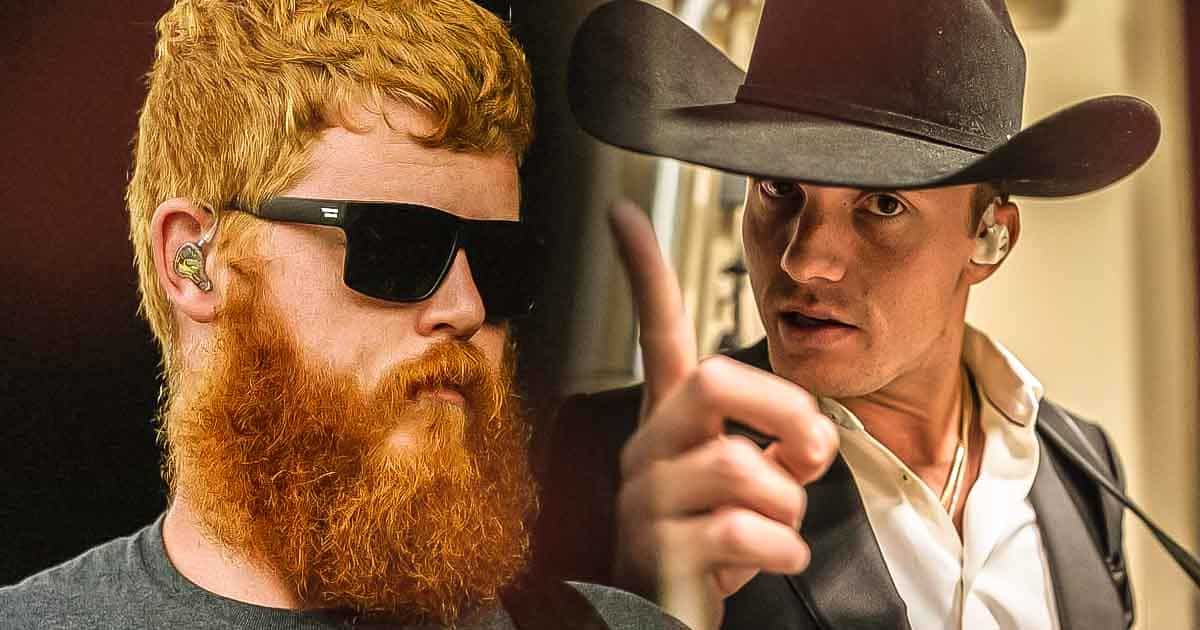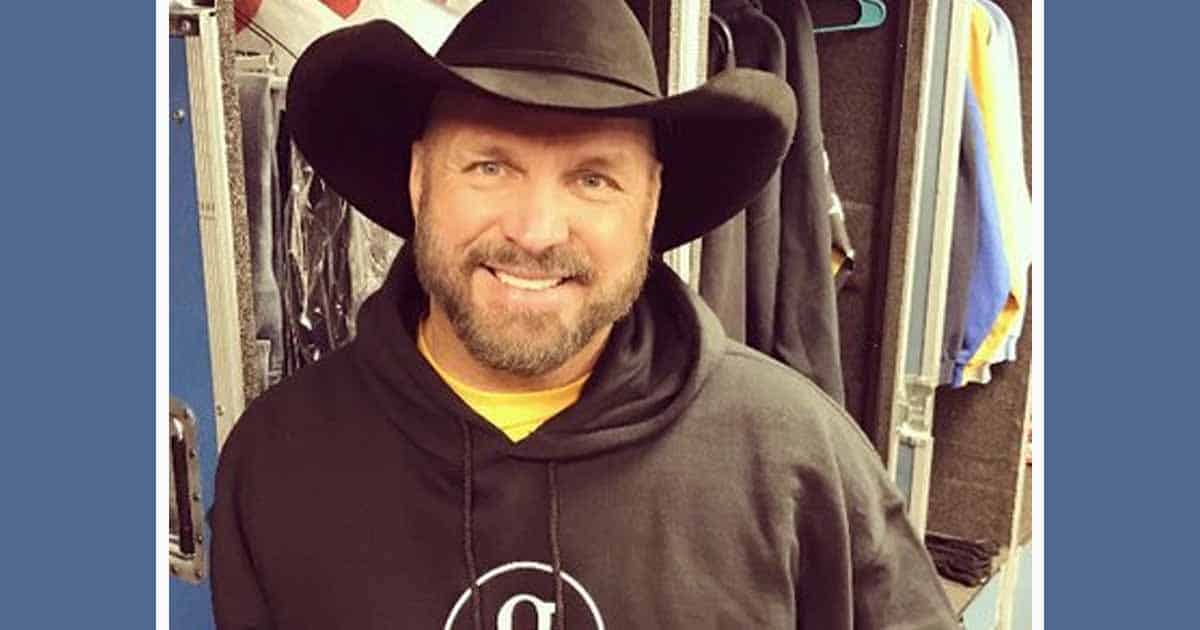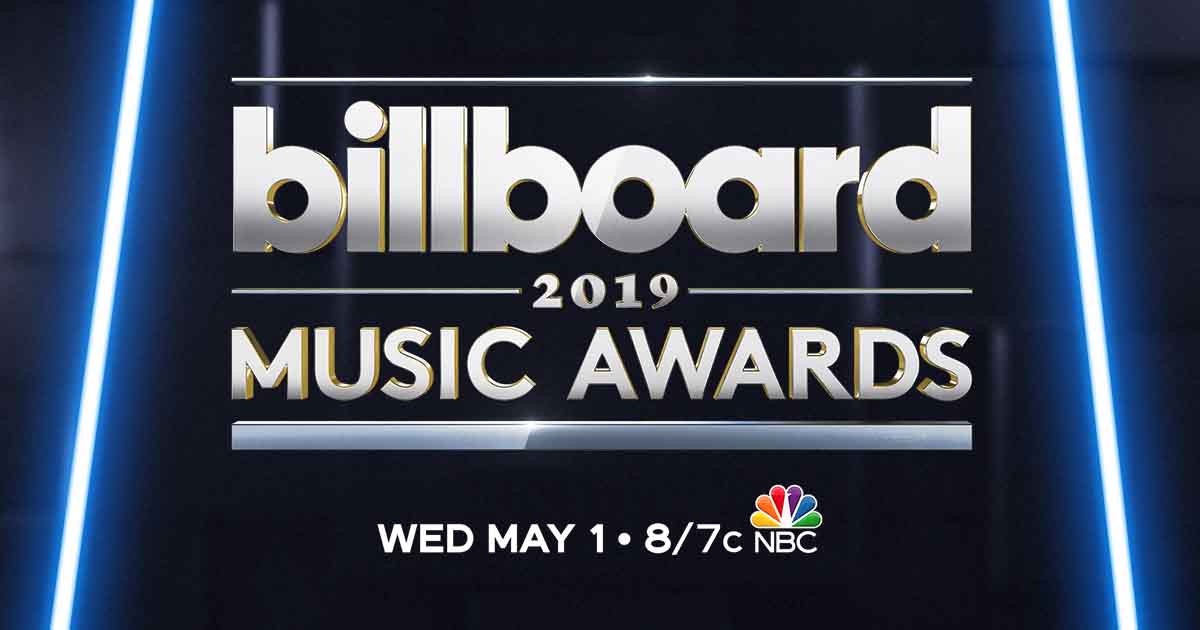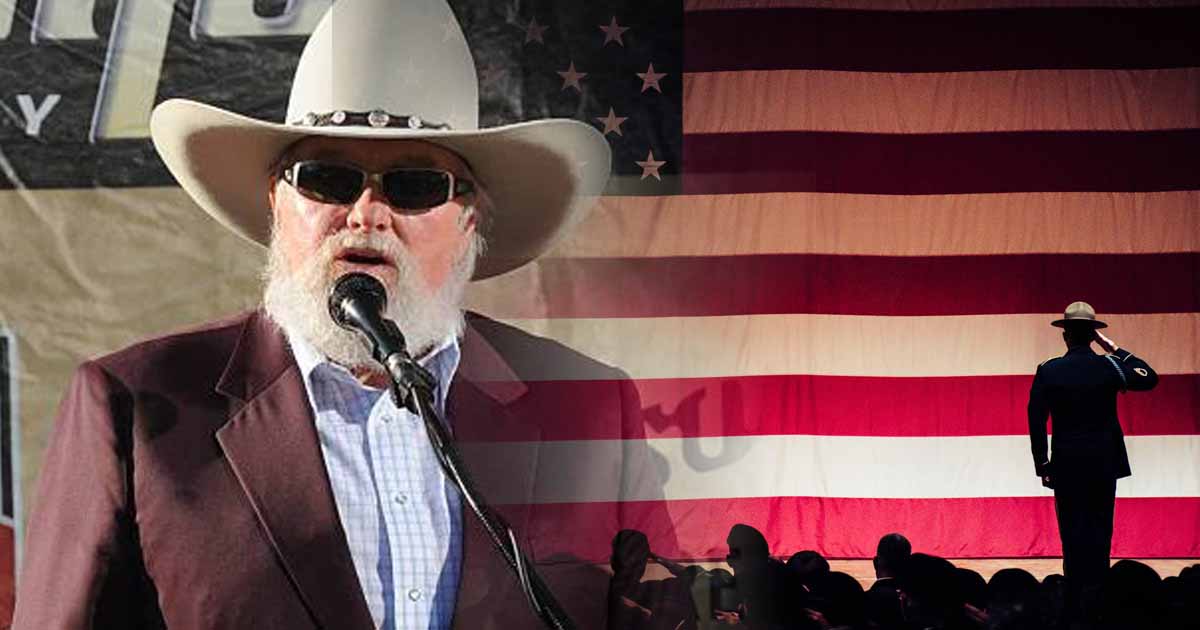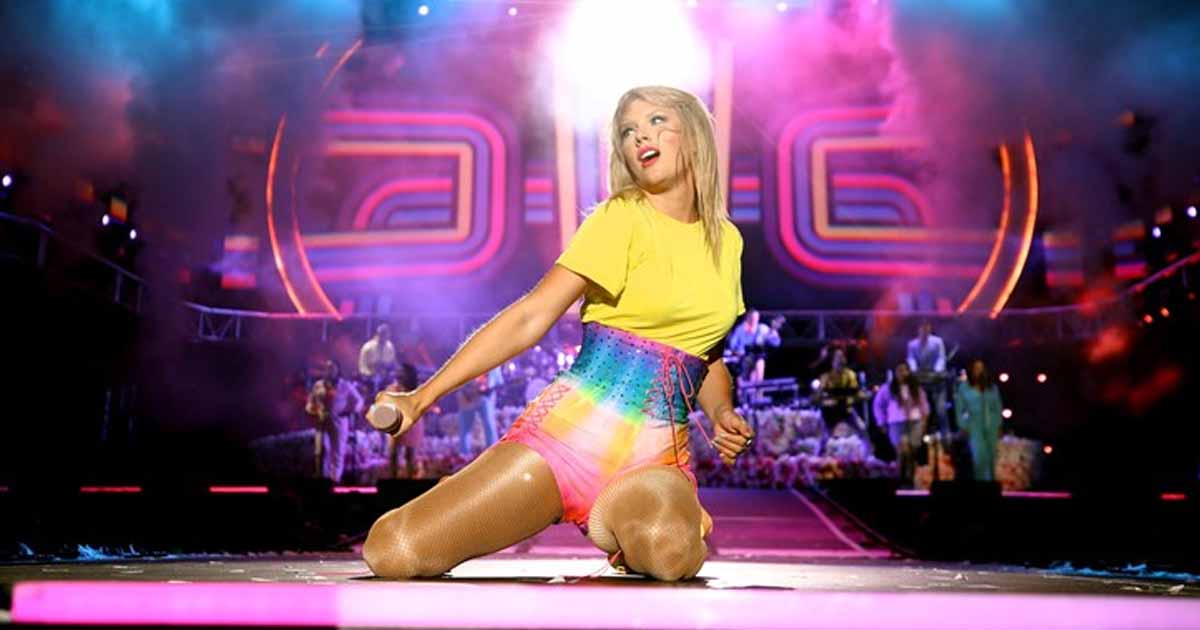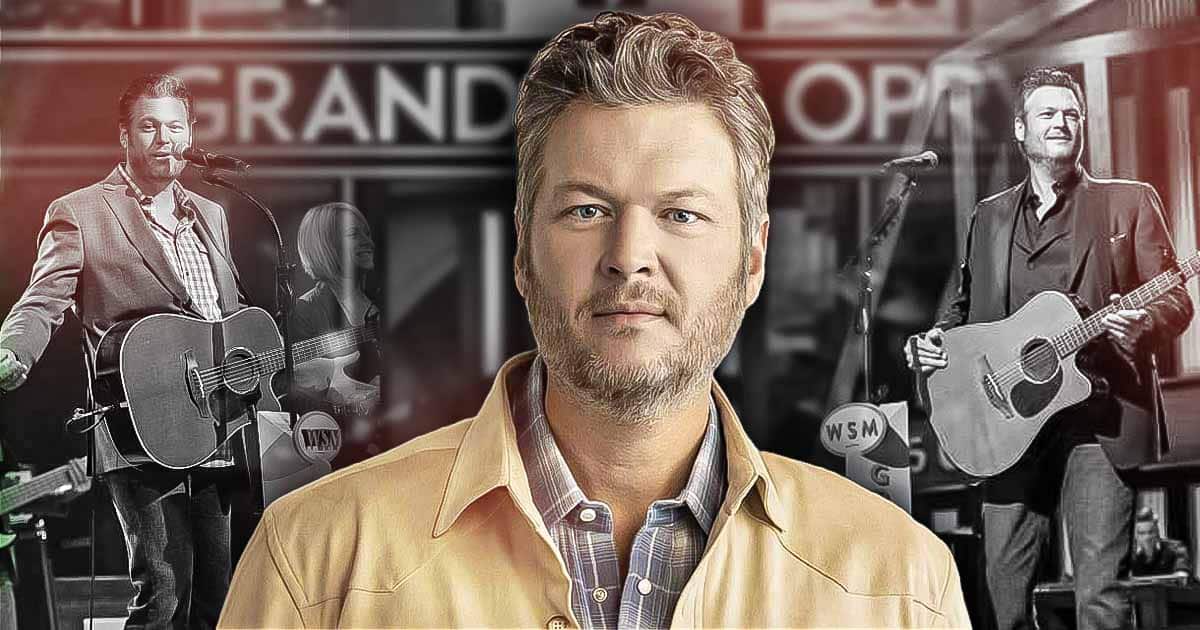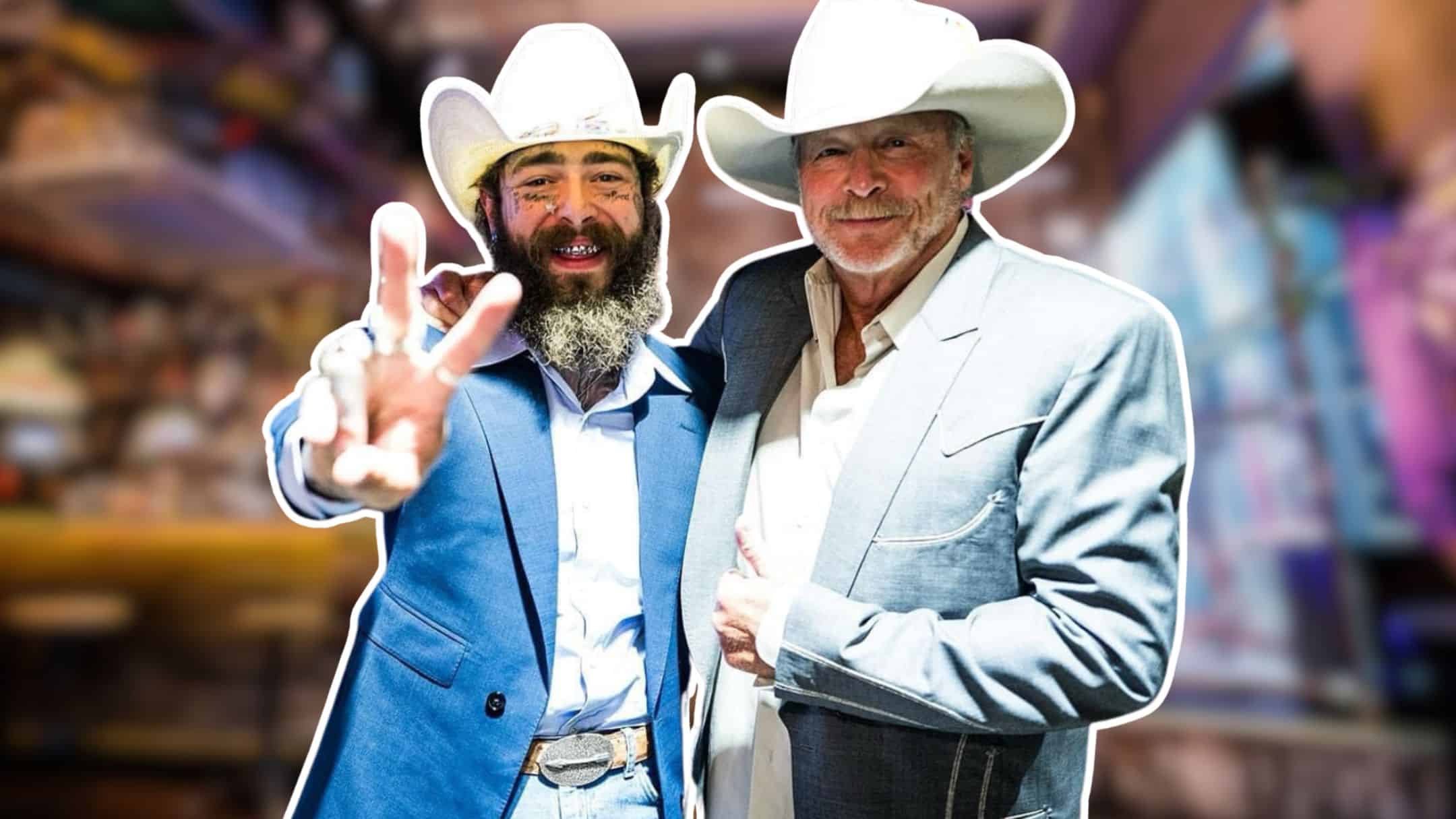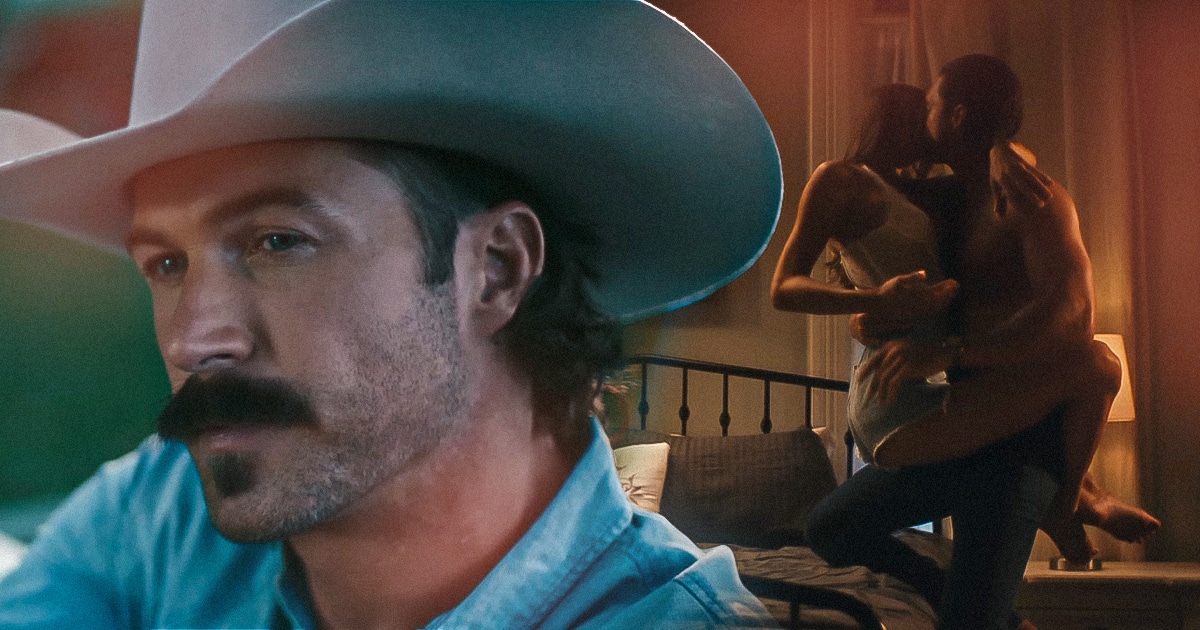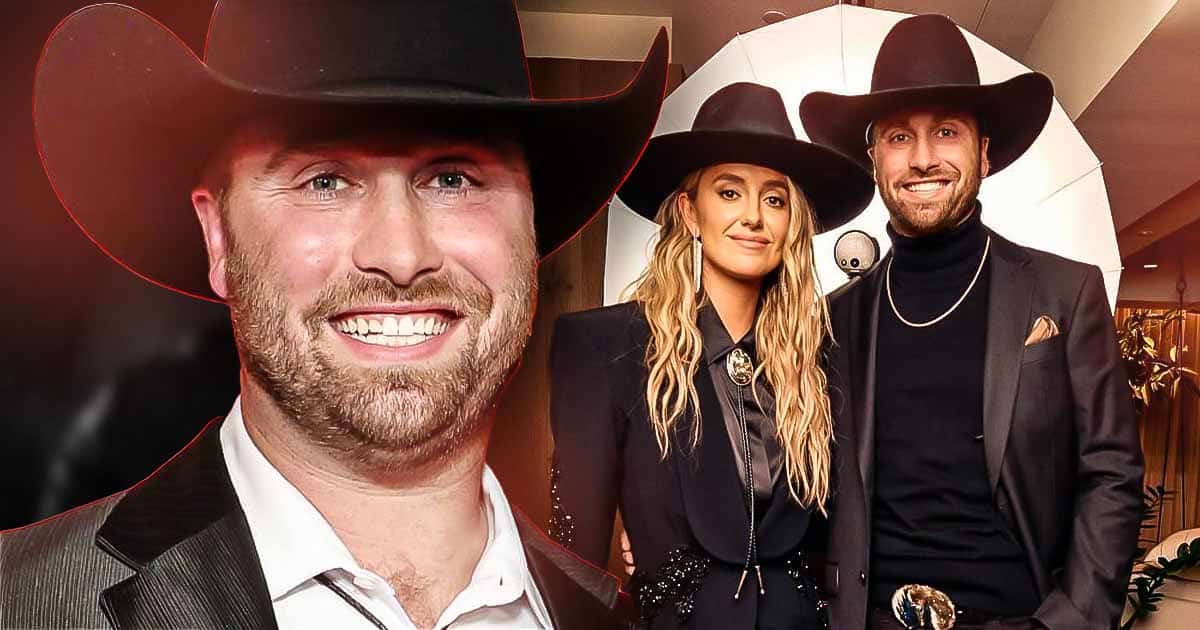After viral sensation Oliver Anthony shared some candid—and controversial—thoughts about the music industry, country music fans were abuzz recently. The conversation escalated when Anthony hinted that a mainstream country artist was using autotune and backing tracks during a festival performance, sparking speculation about who he was referencing. Though he didn’t name names, fans quickly connected the dots and pointed fingers at Texas-born artist Parker McCollum. However, McCollum wasted no time clapping back and vehemently denying the claims.
Oliver Anthony’s Bold Claims
In a 15-minute video posted online, Oliver Anthony, whose real name is Christopher Anthony Lunsford, vented his frustrations with the music industry. The independent artist, who shot to fame with his 2023 viral hit Rich Men North of Richmond, didn’t hold back. He criticized the industry for what he described as its manufactured approach to artistry, including the use of autotune, pre-recorded backing tracks, and other artificial enhancements during live performances.
The part of his video that caused the most stir came when he described seeing an artist at a festival in Myrtle Beach using “six autotune modulators” onstage, drum loops, and backing tracks. “It’s like, for somebody to pay hundreds of dollars to go listen to a fake performance… nobody talks about that stuff,” Anthony said.
Since Anthony performed at the Carolina Country Music Fest in Myrtle Beach earlier this year and was followed by McCollum on the lineup, fans quickly assumed the comments were aimed at the “Pretty Heart” singer. The internet lit up with speculation, but Anthony stopped short of explicitly naming McCollum.
Parker McCollum Fires Back
Parker McCollum, known for his soulful authenticity and Texas country roots, swiftly responded to the allegations. Taking to social media from horseback, the “Like a Cowboy” singer addressed the accusations head-on, calling Anthony’s story “100% fabricated.”
“Never ever, ever, ever one time have I ever used autotune or a drum loop or anything fake of any kind on stage,” McCollum stated. “Me and my guys are ripping it the real deal every single night. There has never been any single part of our show, not one note, that was not live, raw, and in the moment.”
McCollum’s defense was backed by fellow Texas artists like Koe Wetzel, Kolby Cooper, and William Clark Green, all of whom vouched for the authenticity of his performances. Wetzel even chimed in publicly, reinforcing that McCollum is “the real deal.”
The Gold Chain Cowboy singer’s response was characteristically direct, and fans of both artists took to social media to debate the validity of the allegations. While McCollum’s years of grinding in Texas honky-tonks before achieving mainstream success lend weight to his reputation for genuine performances, Anthony’s sharp critique resonated with those disillusioned by the increasingly commercialized nature of the music industry.
A Broader Conversation About Country Music
This clash between Anthony and McCollum underscores a broader conversation in country music today: the tension between authenticity and commercial success. Anthony has long criticized what he perceives as the industry’s “rinse and repeat” formula for manufacturing hits, accusing major labels of prioritizing profit over genuine artistry. He’s spoken openly about his refusal to sign record deals despite reportedly being offered multimillion-dollar contracts.
On the other hand, McCollum represents a new wave of mainstream artists who strive to stay true to their roots while navigating the demands of a major-label career. His quick and emphatic rebuttal to Anthony’s accusations demonstrates how seriously he takes his reputation for delivering raw, heartfelt performances.
For many fans, the situation also highlights the divide between independent and mainstream artists. Anthony’s rise to fame through grassroots support positions him as a voice for the underdog. At the same time, McCollum’s traditional climb through the Texas music scene has earned him respect as a hardworking artist who paid his dues.
Who’s Right?
Whether or not Anthony’s remarks were directed at McCollum specifically, his critique of the industry touched a nerve. It’s no secret that some mainstream acts rely on production tricks to enhance live performances. Still, many fans argue that McCollum isn’t one of them. Those who have attended his shows describe his live sets as raw and electric, far removed from the polished perfection that Anthony decried.
At the end of the day, both artists bring valuable perspectives to the table. Anthony’s unfiltered commentary challenges the music industry to prioritize authenticity over profit. At the same time, McCollum’s heartfelt response reinforces the value of hard work and integrity in building a career. If nothing else, their public exchange has reignited a necessary conversation about what it means to keep country music real in an ever-evolving industry.

